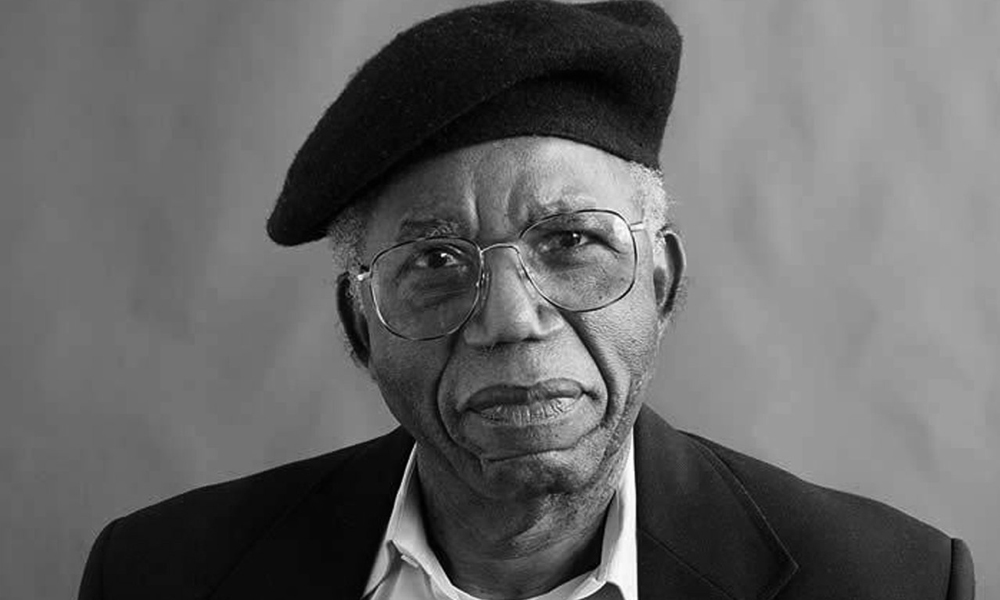Chinua Achebe

(1930 – 2013)
Novelist
Chinua Achebe was a Nigerian novelist, poet, and critic, widely considered to be one of the most important African writers of the 20th century. He was born on November 16, 1930, in the town of Ogidi, in the Igbo region of Nigeria, and died on March 21, 2013, in Boston, Massachusetts, USA.
Achebe was raised in a Christian family, and his parents were among the first converts in their village. His education was a blend of traditional African and Western education. He attended the University of Ibadan, where he studied English literature and later became an editor at the Nigerian Broadcasting Corporation.
Achebe’s literary career began with the publication of his first novel, “Things Fall Apart,” in 1958, which is widely regarded as his masterpiece. The novel tells the story of Okonkwo, a village leader who struggles to maintain his traditional way of life in the face of British colonialism. The book is considered a seminal work of African literature and has been translated into over 50 languages.
Achebe’s contributions to literature and his role in shaping African literature earned him numerous accolades, including the Man Booker International Prize, the Commonwealth Poetry Prize, and the Peace Prize of the German Book Trade. He was also awarded Nigeria’s highest honor, the Order of the Federal Republic.
Chinua Achebe’s work has had a profound impact on African literature and continues to be widely read and studied around the world. His writing has given voice to African perspectives and has helped to redefine African identity in the wake of colonialism.
Motivational Quote:
“One of the truest tests of integrity is its blunt refusal to be compromised.”
5 Success Lessons
to learn from Chinua Achebe
- Don’t be irrelevant. Tackle the big social and political issues of your era.
- Sometimes it is good to give others headaches; it can push them to find a cure for the main ailment.
- Don’t pay too much attention to critics.
- Language is powerful. Use it. Don’t abuse it.
- Tell your own story of yourself.
Sources: achebefoundation.org newyorker.com















